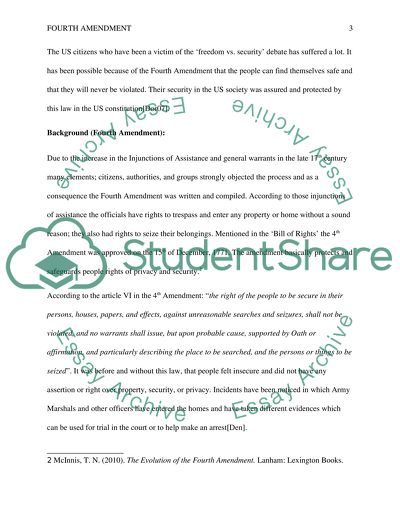Cite this document
(“Constitutional Research Paper Example | Topics and Well Written Essays - 3750 words”, n.d.)
Constitutional Research Paper Example | Topics and Well Written Essays - 3750 words. Retrieved from https://studentshare.org/law/1486629-constitutional-research-paper
Constitutional Research Paper Example | Topics and Well Written Essays - 3750 words. Retrieved from https://studentshare.org/law/1486629-constitutional-research-paper
(Constitutional Research Paper Example | Topics and Well Written Essays - 3750 Words)
Constitutional Research Paper Example | Topics and Well Written Essays - 3750 Words. https://studentshare.org/law/1486629-constitutional-research-paper.
Constitutional Research Paper Example | Topics and Well Written Essays - 3750 Words. https://studentshare.org/law/1486629-constitutional-research-paper.
“Constitutional Research Paper Example | Topics and Well Written Essays - 3750 Words”, n.d. https://studentshare.org/law/1486629-constitutional-research-paper.


